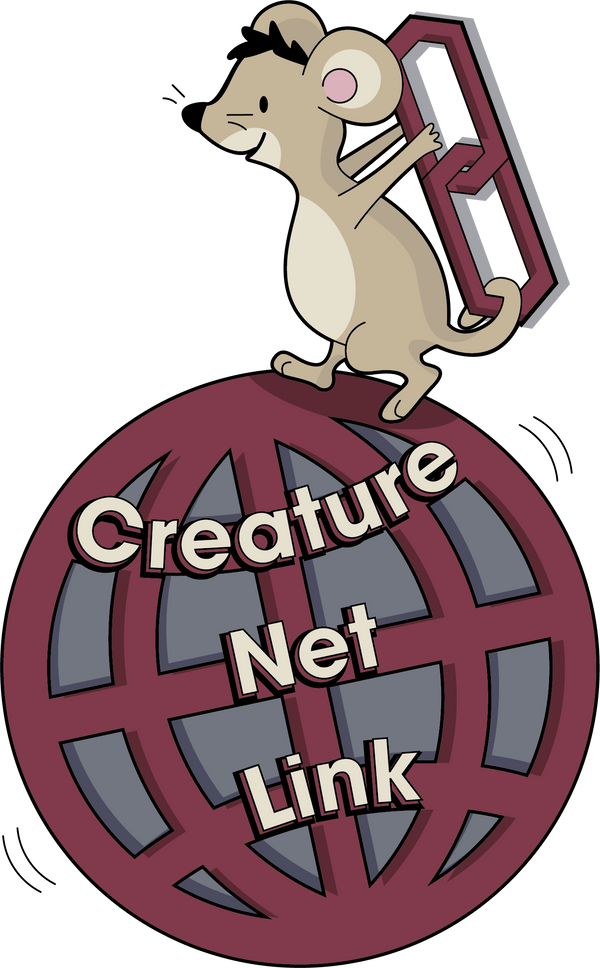
Inflammatory bowel disease
Share
Inflammatory bowel disease can be a very frustrating disease to manage. It affects more dogs, and cats, than what we know of. It seems to be an undiagnosed disease at large. Partly due to the fact that a definitive diagnosis requires a general anaesthetic, an exploratory laparotomy and biopsies of the gut lining. This is generally done after many months of a waxing and waning conditions, that every few weeks requires hospitalization, of your dog or cat. The diagnosis is obviously quite invasive, which, makes owners and vets avoid it as long as possible.

Symptoms include chronic weight loss, recurrent vomiting and/or diarrhoea, abdominal discomfort, decreased appetite and unkempt coats in cats.
Certain breeds are genetically predisposed to the condition: Weimeraner, Basenji, Wheaten terrier, Irish setters, Yorkshire terrier, Rottweiler, German shepherd dog, Norwegian lundehunds, Boxers and English bulldogs. Siamese and oriental cats.
It is essentially a malfunction of the immune system that responds to triggers exposed to the gut. It typically develops at a mature age. After a few years of exposure the immune system suddenly starts over-reacting and causing inflammation. This in turn causes pain and gut problems like malabsorbtion, vomiting and diarrhoea.
Conventional treatment involves modulating the immune system to suppress it in such way to prevent rising of the inflammatory process; thus reducing clinical symptoms. This is achieved with cortisone or similar immune suppressing pharmaceuticals.

Together with the above treatment, the dogs, or cats' food is changed to a novel diet. Repeated exposure to proteins is mostly responsible for immune system over-reaction. Carbohydrates and vegetables can also have an effect, but proteins are over-represented. In cats triggers may also include bacterial and viral infection, parasites and stress.
If left untreated dogs are in danger of developing protein loosing enteropathy or permanent damage to the gut. Cats may develop feline gastrointestinal lymphoma.
HOME INFO
- The most important thing is to offer cats and dogs a novel protein, in other words a protein source that the animal has not been exposed to before. Most premium brands offer a hypoallergenic commercial diet for cats and dogs. If a home cooked diet is preferred, protein sources like duck, rabbit, pork, lamb or fish are options; all depending on what your pet has been eating all of its life. For cats protein sources to avoid are beef, chicken and fish.
- A higher fiber content for a home cooked diet is beneficial
- Vegetables like sweet potatoes, carrots and pumpkin can be useful, if they have not featured in the past.
- Oats are also beneficial and are good for bulk
- Probiotics are essential, good quality commercial ones are available
- Yoghurt can be useful if no probiotics are available, however, be vigilant as some individuals may react to the dairy component.
- Glutamine is a good amino acid supplement at 1000mg/dog/day. Some commercially available veterinary products contain glutamine.
- Honey is soothing and has antibacterial properties.
- It is important to monitor appetite, vomiting, diarrhea, energy level and weight.
- In individuals where stress plays a role, the environment should be adjusted, where possible, to reduce such stresses. Calming herbs could come in handy in this situation and help the effects of the treatment substantially. Herbs like Chamomile, Passionflower, Saint John’s wort and Withania can help. For cats, pheromone products can be very useful.
- A herbal formula containing Chamomile, Calendula, Meadowsweet, Astragalus and Baical skullcap has had a favourable response, almost as effective as the cortisone treatment. It is certainly worth starting it in conjunction with the conventional treatments as it may help reduce the dosage of immune suppressing drugs, and help maintenance in the later stages
- Slippery elm is always a good choice when dealing with an irritated gut.
- Milk thistle is also used extensively to aid detoxification after the high doses of immune suppressant drugs
- Lifewave patches: Glutathione, Carnosine
Please remember that this condition is very complex and difficult to control. Even the best managed cases have relapses and do have regular flare ups. Don’t lose faith and good luck.
Dr. Sarah
